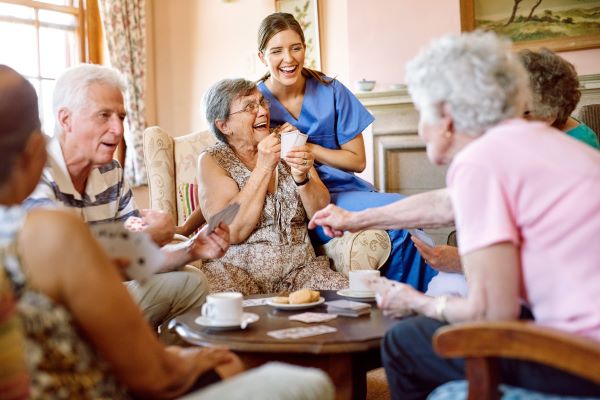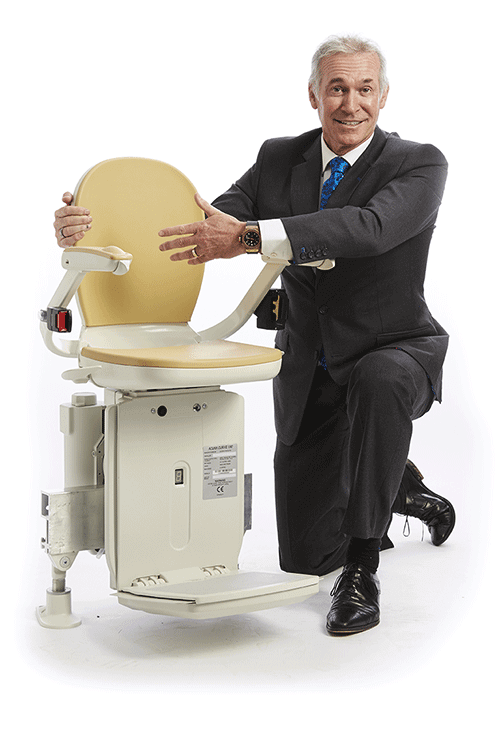Whether it pertains to stairlifts or not, when Acorn Stairlifts says that we care about our customers and their well-being, only wanting to give them the best, we mean it.
This also applies to our customers’ overall quality of life.
We want you to lead the healthiest, happiest, and most fulfilling lives possible. We want to see you succeed and reach new heights not only in mobility and independence but in all areas of their lives.
Welcome back to our segment of “Acorn Stairlifts Senior Tip of the Week,” a series in which we will equip seniors with all the knowledge, tools, and helpful advice that they need to succeed in their lives—ranging anywhere from physical health, to saving money with senior discounts, and just about everything in between.
Read on to learn about this week’s tip that is sure to get everyone talking.
The Acorn Stairlifts Senior Tip of the Week
Combat loneliness and its devastating effects by making an effort to be more socially active.
Sadly, in some countries in the world, as many as one in three older people report feeling lonely, according to the World Health Organisation.
In fact, 10% of Kiwis aged 65 to 74 and 13% of those aged over 75 report feeling lonely all, most, or some of the time.
As one might imagine, frequent feelings of loneliness and social isolation can have devastating effects on the mental and physical health of senior citizens such as significantly increased risk of depression, heart disease, and other complications that contribute to overall poor health.
This is why staying social is so important for seniors, not just for the sake of boosting their social status, but for the sake of their overall health and well-being.
What are the Health Complications and Risks That Accompany Loneliness?
Humans are social creatures with an innate need for connection, so when feelings of loneliness and isolation consume us, the devastation of not having our needs met can lead to some serious health complications.
These are just a few of the health complications and risks that accompany loneliness:
- Increased risk of heart disease and stroke
- Weaker immune system
- Increased likelihood of mortality
- Cognitive decline
- Increased risk of high blood pressure
- Negatively impacts the progression of frailty
- Increased risk of dementia
- Poorer sleep quality
- Raises likelihood of inactivity and obesity
- Increases the risk of addiction and substance abuse
- More prone to anxiety, depression, self-harm, and suicide
- May shorten your life
- More susceptible to elder abuse
- Lower self-esteem
- Increased levels of stress hormones and inflammation
As if those side effects weren’t bad enough, researchers have found that loneliness is just as lethal as smoking 15 cigarettes a day and is even worse for ageing than smoking.
What are the Benefits of Social Engagement?
From feeling better mentally to boosting your physical health, maintaining a socially active lifestyle as a senior has many benefits that make the effort worthwhile:
- Better cognitive function
- Reduces the risk of developing Alzheimer’s disease
- Improved emotional health
- Better physical health
- Reduces the risk of cardiovascular issues
- Reduces the risk of blood pressure
- Reduces the risk of arthritis
- Reduces the risk of Osteoporosis
- Stronger immune system
- Better sleep
- Happier life
How to Be More Social—Liven Up Your Social Life by Looking Up Senior Social Activities Near You
Want to leave the loneliness behind for good and start living your social life to the fullest?
Click here to read more detailed advice on how you can blossom into that beautiful social butterfly you’ve always been.
To see all of the senior social activities and events going on near you, click here.

